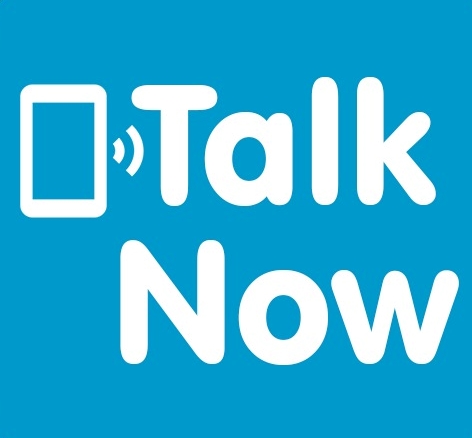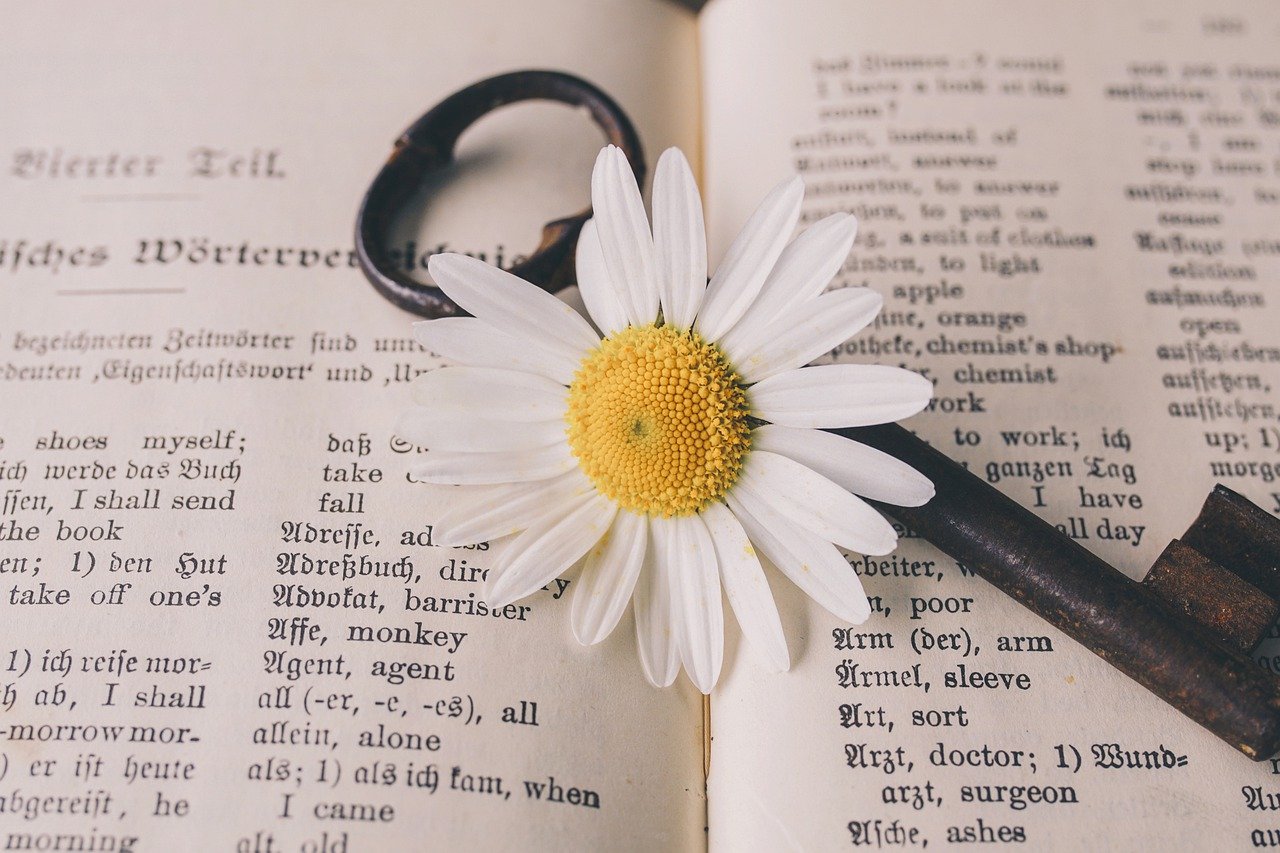MEANING OF INDEFINITE PRONOUNS
An Indefinite Pronoun is all about not referring to any specific person, thing, or amount. This kind of Pronoun refers to something broad and ‘not specific’.
Let us take a look at some indefinite pronouns:
- All, another, any, anybody/anyone, anything, each, everyone/everybody, everything, few, many, nobody, none, one, several, some, somebody/someone.
POINTS TO REMEMBER
Remember that many of the indefinite pronouns have a role to play as other parts of speech. Let us understand with some examples:
- Everybody likes another round of drinks. (adjective)
- He teaches one student in the morning and another in the evening. (pronoun)
The majority of the indefinite pronouns are either singular or plural, but the catch here is that some of them can be singular in one context and plural in another context.
COMMON INDEFINITE PRONOUNS
Let us take a look at the most common Indefinite pronouns. See to it that a singular pronoun goes with a singular verb and any of the personal pronouns should agree in the case of number and gender.
- Each of the students has a teacher.
- I saw two boys on the street. One gave me a terrible look.
Similarly, plural pronouns need an agreement in the plural form too:
- Many have filled the form.
EXAMPLES OF INDEFINITE PRONOUNS:
- That drink was good. Can I have another?
- Can anyone pass my bag?
- Each one has their own opinion.
- Enough is enough.
- Less is more.
- Much has happened since we left the town.















